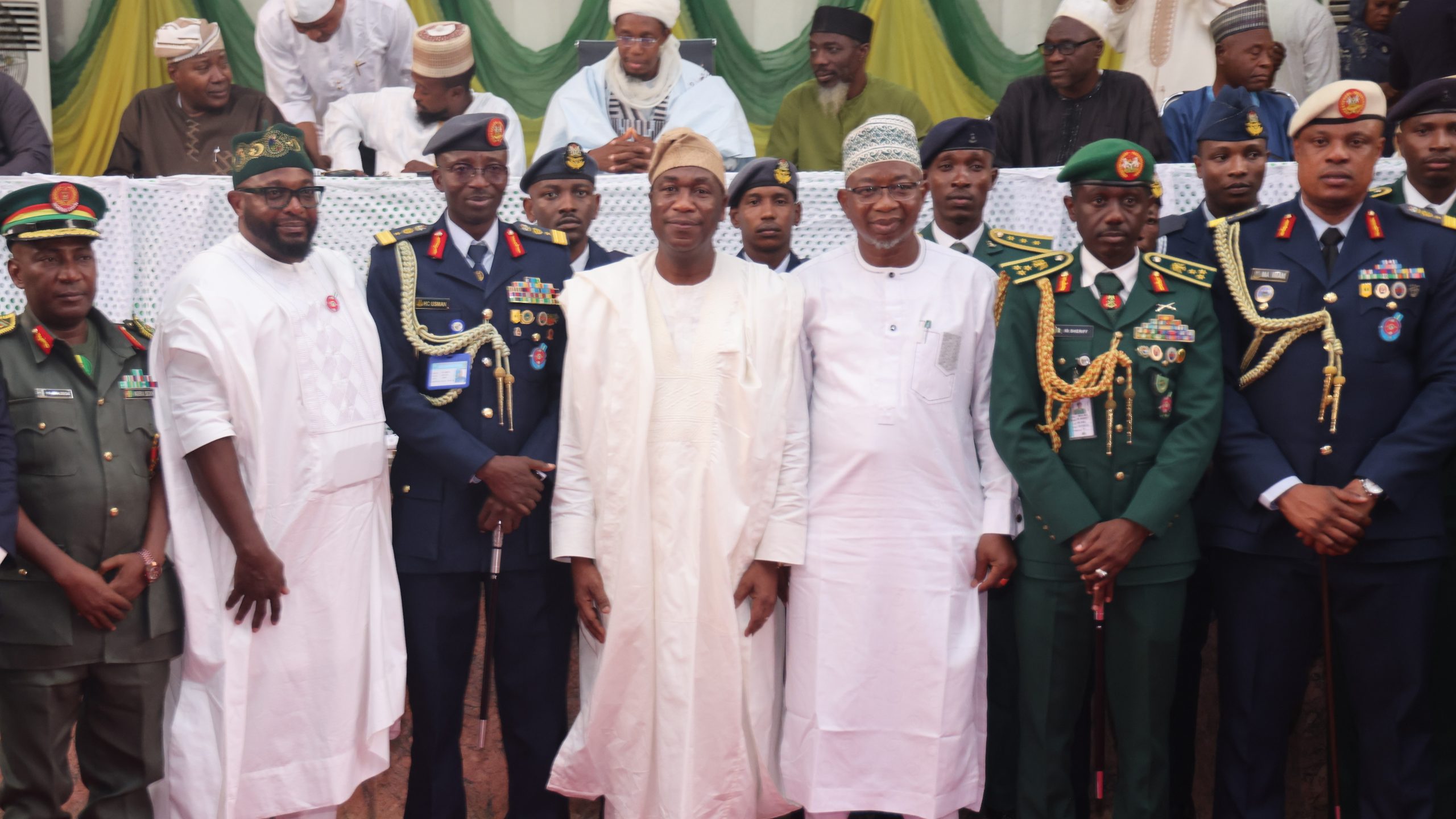The Women’s Initiative for Self-Actualisation (WISA), alongside partners, is advocating for urgent land reforms and gender-sensitive agricultural policies to tackle the disproportionate impact of climate change on indigenous women farmers in Cross River State.
Finance and Compliance Officer at WISA, Nfon Akpan, made this known during a two-day roundtable held in Calabar and funded by Urgent Action Fund Africa. She said the event aimed to empower women from flood-prone communities, such as Apiapum and Aguagune, to become active advocates for their rights.
“Women have been excluded from policy-making that affects their lives. This project equips them with tools to change that,” Akpan explained. “We are developing a policy brief with FIDA to present to the state government. We need funding portfolios for women farmers, improved seed access, and land rights reform.”
The roundtable, themed “Environmental Injustice Affecting Indigenous Women in Rural Communities,” brought together community leaders, civil society groups, legal advocates, and rural women to develop climate-resilient strategies that promote gender equality and environmental sustainability.
Bassey Edem, facilitator and Energy and Environment Lead, emphasised the need for gender-responsive policy reforms, highlighting the harsh realities women farmers face.
“Women are the primary food producers in our rural communities, yet they face the greatest impacts of climate change, unpredictable farming seasons, harmful practices like bush burning, and land ownership restrictions all combine to keep women trapped in poverty,” Edem said. “We must advocate for better practices and supportive policies.”
He called on the Cross River State Government to prioritise land ownership rights for women, noting that the lack of legal access to land makes them more vulnerable to displacement and food insecurity.
“Empowering women through land rights is foundational. Without access to land, all other agricultural support efforts will fall short,” he added.
Edem also urged the government to align with Nigeria’s national climate policy by transitioning away from fossil fuel dependency and investing in clean energy alternatives such as solar power. He noted that affordable and eco-friendly public transportation in rural areas could also reduce emissions and boost local economic participation.
In proposing long-term solutions, Edem recommended that agricultural support programs adopt a bottom-up approach, including a dedicated portfolio for women farmers who make up over 70% of the rural farming population.
“It’s time to stop politicising agricultural support and start listening to women at the grassroots who understand the land and the climate better than most policymakers,” he said.
He further advocated for a transition to sustainable farming inputs such as organic fertilisers and manual land clearing, which can improve yields and maintain soil health while reducing environmental harm.
Obasi Ofem, Executive Director of the Prof. Charles Effiong Foundation, described the initiative as a step toward closing the gender gap in climate-related decision-making, particularly at the grassroots level.
Participants at the roundtable shared personal insights. Elder Franka Omina from Apiapum said the training changed her understanding of climate change.
“We thought it was just nature, but we have realised that our actions, like bush burning, make it worse. I’m going back home to teach others,” she said.
Community Development Officer of Biase LGA, Eke Ogboekume, pointed out that entrenched gender roles and cultural practices continue to exclude women from high-income agricultural ventures such as rice farming.






